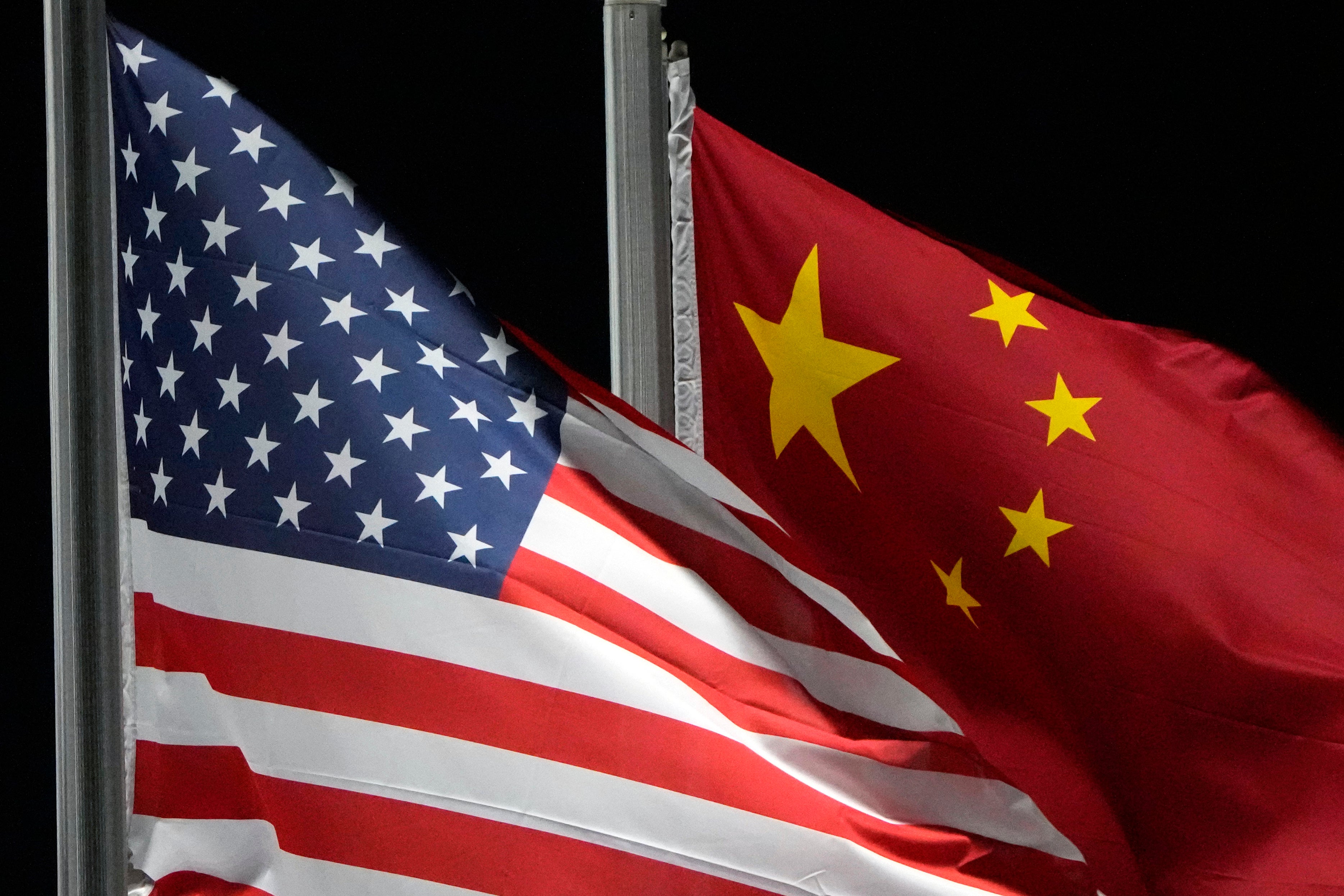Commerce tightens export controls on high end chips to China
The Commerce Department is tightening export controls to limit China’s ability to get advanced computing chips, develop and maintain supercomputers, and make advanced semiconductors

Your support helps us to tell the story
From reproductive rights to climate change to Big Tech, The Independent is on the ground when the story is developing. Whether it's investigating the financials of Elon Musk's pro-Trump PAC or producing our latest documentary, 'The A Word', which shines a light on the American women fighting for reproductive rights, we know how important it is to parse out the facts from the messaging.
At such a critical moment in US history, we need reporters on the ground. Your donation allows us to keep sending journalists to speak to both sides of the story.
The Independent is trusted by Americans across the entire political spectrum. And unlike many other quality news outlets, we choose not to lock Americans out of our reporting and analysis with paywalls. We believe quality journalism should be available to everyone, paid for by those who can afford it.
Your support makes all the difference.The Commerce Department is tightening export controls to limit China's ability to get advanced computing chips, develop and maintain supercomputers, and make advanced semiconductors.
The department said Friday that its updated export controls are focusing on these areas because China can use the chips, supercomputers and semiconductors to create advanced military systems including weapons of mass destruction; commit human rights abuses and improve the speed and accuracy of its military decision making, planning, and logistics.
Commerce said the updates are part of ongoing efforts to protect U.S. national security and foreign policy interests.
“The threat environment is always changing, and we are updating our policies today to make sure we’re addressing the challenges posed by (China) while we continue our outreach and coordination with allies and partners,” Under Secretary of Commerce for Industry and Security Alan Estevez said in a statement.
Commerce said it consulted with close allies and partners on its control efforts.
Thursday, at an event in upstate New York, President Biden predicted a $20 billion investment by IBM in New York’s Hudson River Valley will help give the United States a technological edge against China. The investment is spurred by this summer’s passage of a $280 billion measure intended to boost the semiconductor industry and scientific research. That legislation was needed for national and economic security, Biden said in Poughkeepsie, adding that “the Chinese Communist Party actively lobbied against” it.
Tensions have been rising between the U.S. and China over technology and security. Last month the Chinese government called on Washington to repeal its technology export curbs after California-based chip designer Nvidia said a new product might be delayed and some work might be moved out of China.
Washington has tightened controls and lobbied allies to limit Chinese access to the most advanced chips and tools to develop its own. China is spending heavily to develop its fledgling producers but so far cannot make high-end chips used in the most advanced smartphones and other devices.